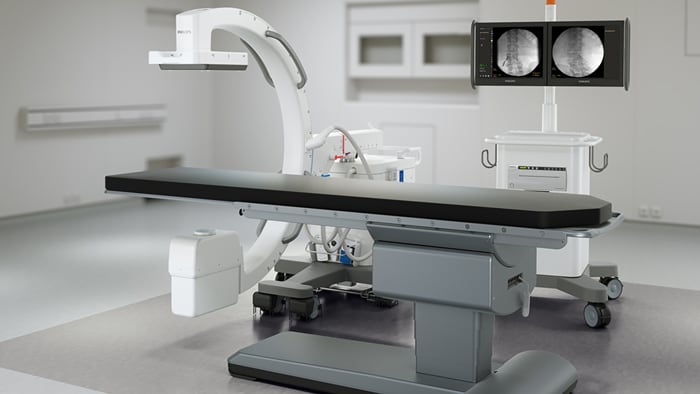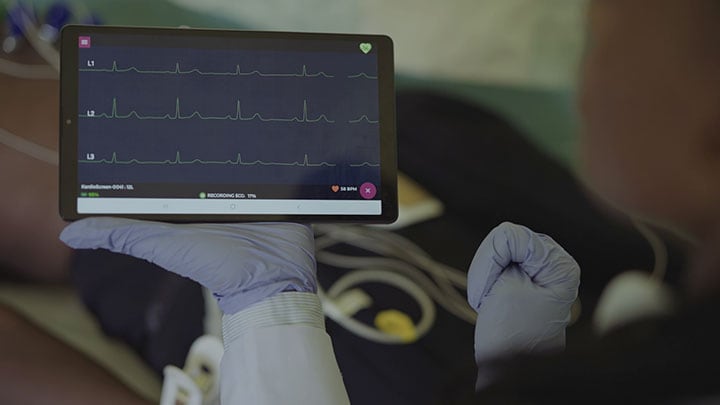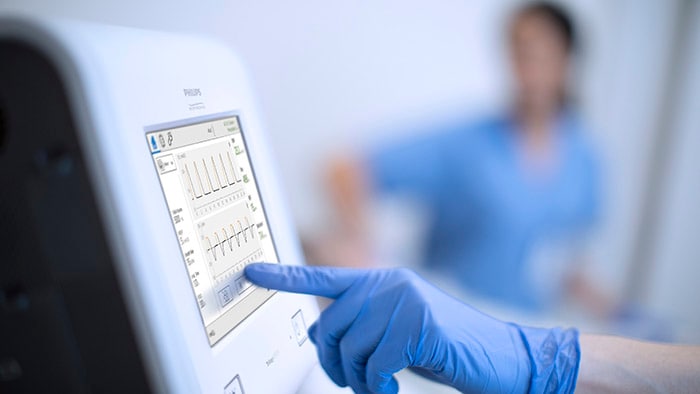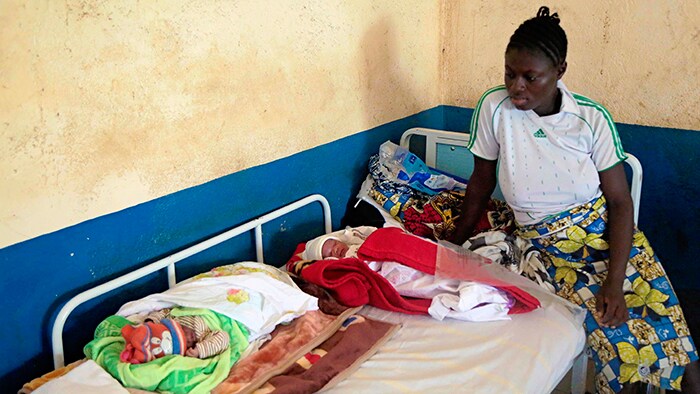Nov 11, 2021
Healthcare leaders in South Africa are optimistic and confident in the ability of the country’s healthcare system as revealed in the Philips’ Future Health Index 2021 Report
South Africa – Royal Philips Royal Philips (NYSE: PHG, AEX: PHIA), a global leader in health technology, today announced the publication of its Future Health Index (FHI) 2021 South Africa report: ‘A Resilient Future: Healthcare leaders look beyond the crisis. Now in its sixth year, the Future Health Index 2021 report is based on proprietary research across 14 countries, including South Africa, representing the largest global survey of its kind analysing the current and future priorities of healthcare leaders worldwide.
Feedback from healthcare leaders – including executive officers, financial officers, technology and information officers, operating officers and more – explores the challenges they have faced since the onset of the pandemic, and where their current and future priorities lie, revealing a new vision for the future of healthcare. With a focus on patient-centred healthcare enabled by smart technology, their vision is shaped by a fresh emphasis on partnerships, sustainability and new models of care delivery, both inside and outside the hospital.
Despite South Africa experiencing more COVID-19 cases than any other country on the continent - grappling changing variants, hard lockdown measures, capacity and over-crowding issues - the report reveals that most healthcare leaders are feeling optimistic about the future. This contrasts with the findings from the Future Health Index 2020 report where younger South African healthcare leaders were less likely than those across many of the other countries surveyed to have a positive perception of the healthcare system in their country.
In this year’s report, healthcare leaders in South Africa identify three key trends that are shaping the future of healthcare namely, future moves towards value-based care, digital transformation and future-proofing care with sustainable solutions.
With that said, roughly half of the respondents cited the current healthcare crisis as one of the top external forces impeding their ability to prepare for the future, in addition to technology infrastructure limitations (33%). Although some South African healthcare leaders have been forced to deprioritise their shift toward value-based care as a result of COVID-19, it is still a key focus within the country’s healthcare sector. Roughly two-thirds of South African healthcare leaders also believe that the current healthcare policies and plans in their country are contributing to building a resilient healthcare system.
While re-prioritizing was needed for a while, South African healthcare leaders recognise the importance of value-based care and are either currently pursuing or plan to pursue a shift toward value-based care in the future. This will be a positive change for South Africa as less than 20% of the population has access to private healthcare,”
Romulen Pillay
Managing Director of Philips South Africa
One such leap in future-planning is a three-step approach to digital transformation including telehealth and remote patient monitoring solutions, increased investment in artificial intelligence (AI) and partnerships and collaborations with other healthcare facilities.
Covid-19 drives investment in telehealth and remote monitoring Roughly half of South Africa’s healthcare leaders are currently investing most heavily in telehealth (48%), ahead of other health technologies including digital health records (34%) or AI (15%). A change in Government policy has potentially helped boost telehealth adoption since the beginning of the crisis. Following the initial lockdown in March 2020, the Health Professions Council of South Africa (HPCSA) relaxed telehealth guidelines throughout the country to allow for virtual patient visits. Investment in digital health technology is growing rapidly across the continent, and South Africa is no exception. In three years’ time, roughly a third of South African healthcare leaders (38%) believe their hospital or healthcare facility will most need to invest in implementing predictive healthcare technologies, such as AI and machine learning, to be prepared for the future. This is a significant growth from just 5% who say their workplace most needs to invest in these technologies today. Roughly one-third of South African healthcare leaders believe their hospital or healthcare facility needs to prioritise strategic partnerships and collaborations to successfully implement digital health technologies. About a quarter also feel that their workplace most needs to invest in strategic partnerships three years from now to be prepared for the future (27%). By cooperating with partners across the wider healthcare ecosystem, healthcare leaders can continue to foster innovation within their hospitals and healthcare facilities.
Additionally, about a quarter of South African healthcare leaders are currently investing most heavily in remote patient monitoring solutions, such as cardiac implant surveillance or vital-sign sensors at home, which have become increasingly essential because of COVID-19. In fact, they are investing in these technologies today at higher rates than healthcare leaders across many of the other countries surveyed (26% vs. 18% 14-country average).
Investment in AI and predictive technologies expected to increase
Partnerships and collaborations seen as a catalyst for continuous innovation
Even with a clear view to the future, South African healthcare leaders also acknowledge that staff’s lack of experience with new technologies is a barrier impeding their ability to prepare for the future. The top barriers for the adoption of digital health technologies include lack of training (29%), legacy systems (29%), and technology infrastructure limitations (27%).
Finally, the report findings illustrated that even in the midst of COVID-19, the South African government has reaffirmed its commitment to the economic, social and environmental pillars of sustainable development. This focus has already led to the country’s improved ranking in the Environmental Performance Index (EPI).
Beyond all challenges faced, resilience has prevailed. There is a clear roadmap for the future and in support of this, we remain committed and invested in developing sustainable innovation in health technology for South Africa,”
Romulen Pillay
Since 2016, Philips has conducted original research to help determine the readiness of countries to address global health challenges and build efficient and effective health systems. For details on the Future Health methodology and to access the Future Health Index 2021 report in its entirety, visit: https://www.philips.com/a-w/about/news/future-health-index.
About Royal Philips
Royal Philips (NYSE: PHG, AEX: PHIA) is a leading health technology company focused on improving people's health and well-being and enabling better outcomes across the health continuum – from healthy living and prevention, to diagnosis, treatment and home care. Philips leverages advanced technology and deep clinical and consumer insights to deliver integrated solutions. Headquartered in the Netherlands, the company is a leader in diagnostic imaging, image-guided therapy, patient monitoring and health informatics, as well as in consumer health and home care. Philips generated 2020 sales of EUR 17.3 billion and employs approximately 77,000 employees with sales and services in more than 100 countries. News about Philips can be found at www.philips.com/newscenter.











